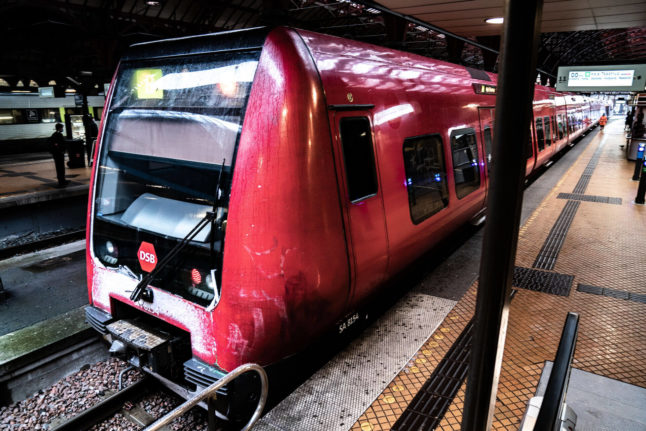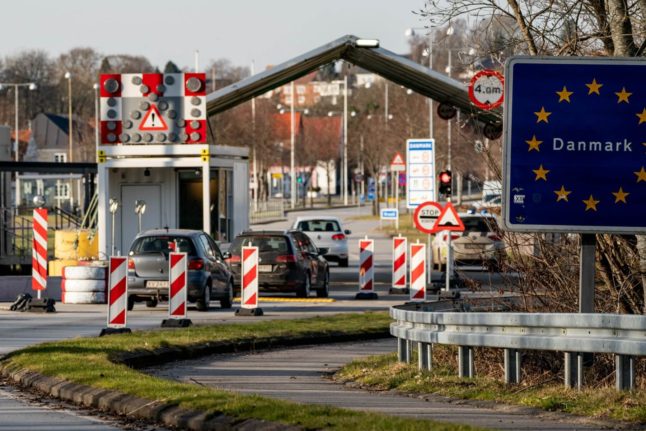Copenhagen’s distinctive red S-tog (suburban or S-trains) have been shuttling passengers in and out of the Danish capital for 90 years on April 6th.
The day will be marked with free travel for all passengers on the anniversary, which is a Saturday, national rail operator DSB says on its website.
Rail journeys won’t be the only giveaway on the day, with 10,000 free hindbærsnitte (raspberry slice) to be handed out to passengers at station 7-Eleven stores.
The Jernbaneorkester, the orchestra for railway workers, will play a concert at Copenhagen Central Station at 3pm.
Free travel will run all day: from midnight to 11:59pm, DSB says.
The first ever S-train ran between Frederiksberg Station and Klampenborg Station in Copenhagen’s northern suburbs in 1934.
Today’s S-train network consists of seven lines covering 85 stations, carrying around 350,000 passengers daily.



 Please whitelist us to continue reading.
Please whitelist us to continue reading.
Member comments